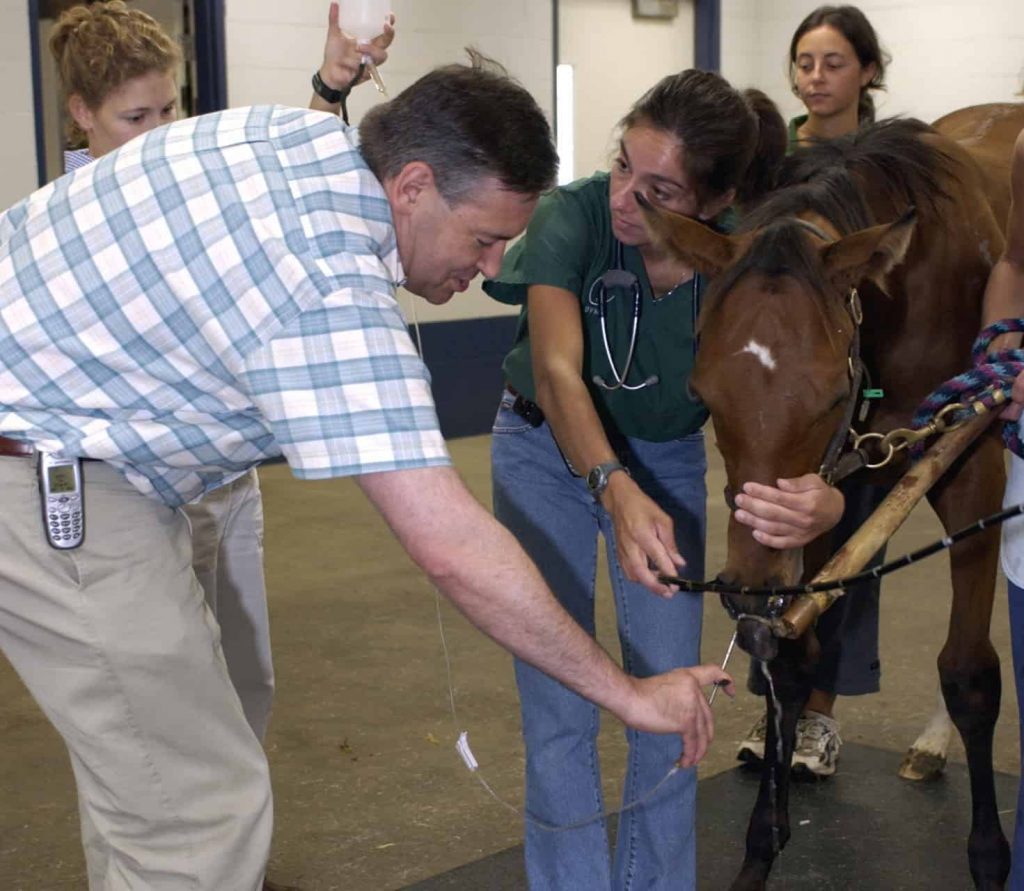
It’s a Lung Story: Equine Respiratory Conditions
Many respiratory conditions affecting horses cause similar signs, so it is vital for owners and veterinarians to pursue a diagnosis and create a treatment plan.

Many respiratory conditions affecting horses cause similar signs, so it is vital for owners and veterinarians to pursue a diagnosis and create a treatment plan.
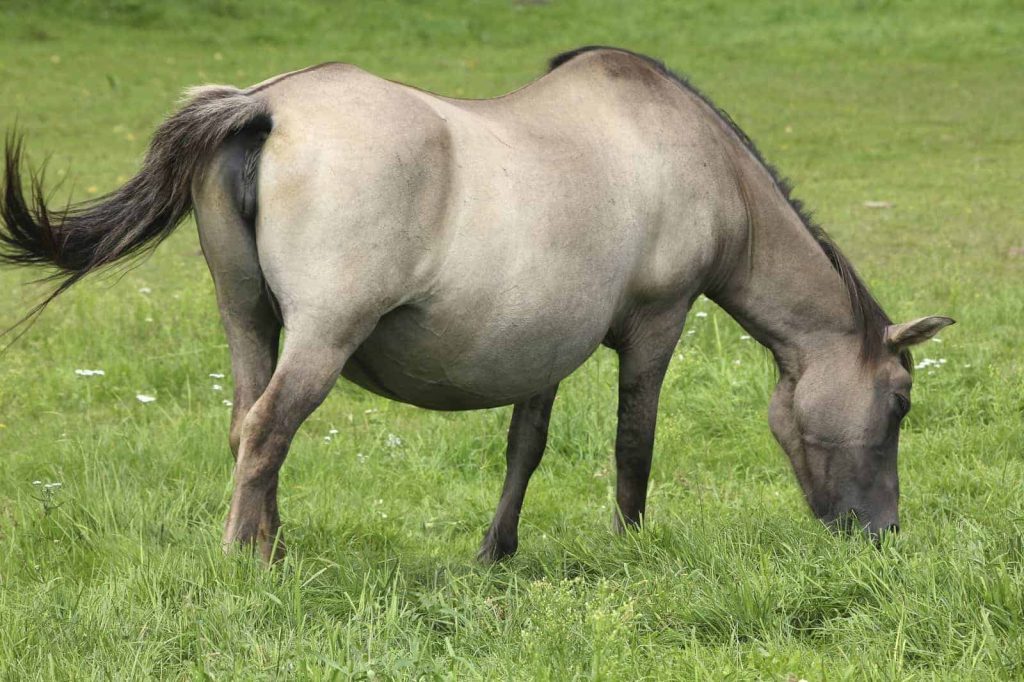
With proper care, mares with high-risk pregnancies can deliver healthy foals safely.

Determining a horse’s cause of neck pain can help ensure he receives the correct treatment.

Allergy tests can help veterinarians identify possible allergens for inclusion in a horse’s immunotherapy program.

Establishing a standard glucose testing method worldwide could generate more accurate results, leading to better care and welfare of horses with PPID, or equine Cushing’s disease.
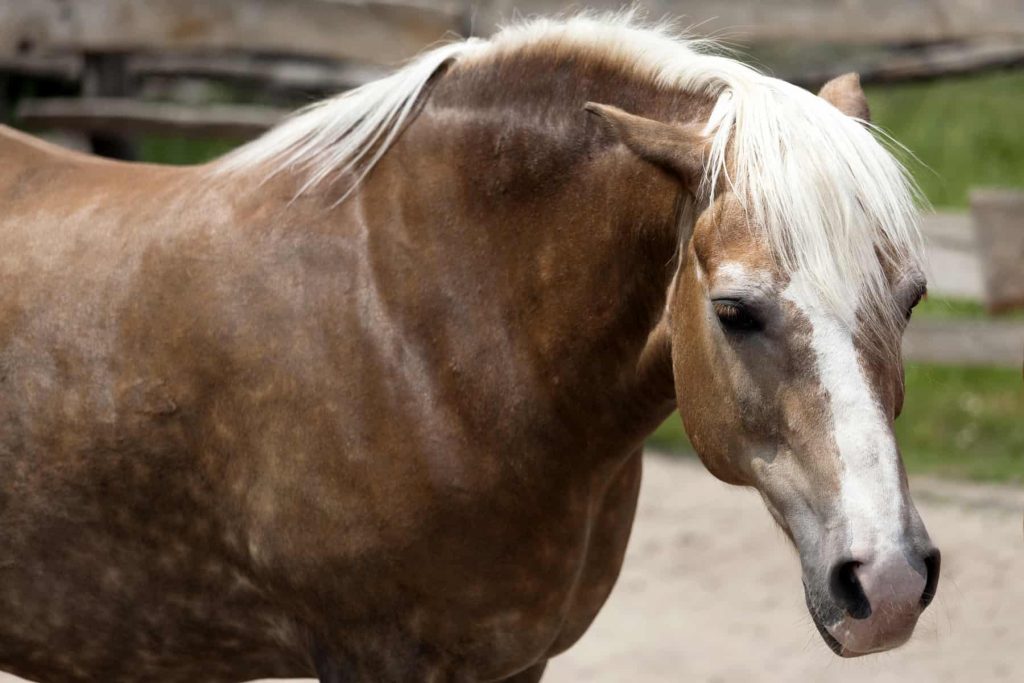
Insulin dysregulation can coincide with high ACTH concentrations in the fall, even when an animal does not have PPID.

The best diagnostic imaging tool for the cervical spine is MRI, rather than widely used radiographs.
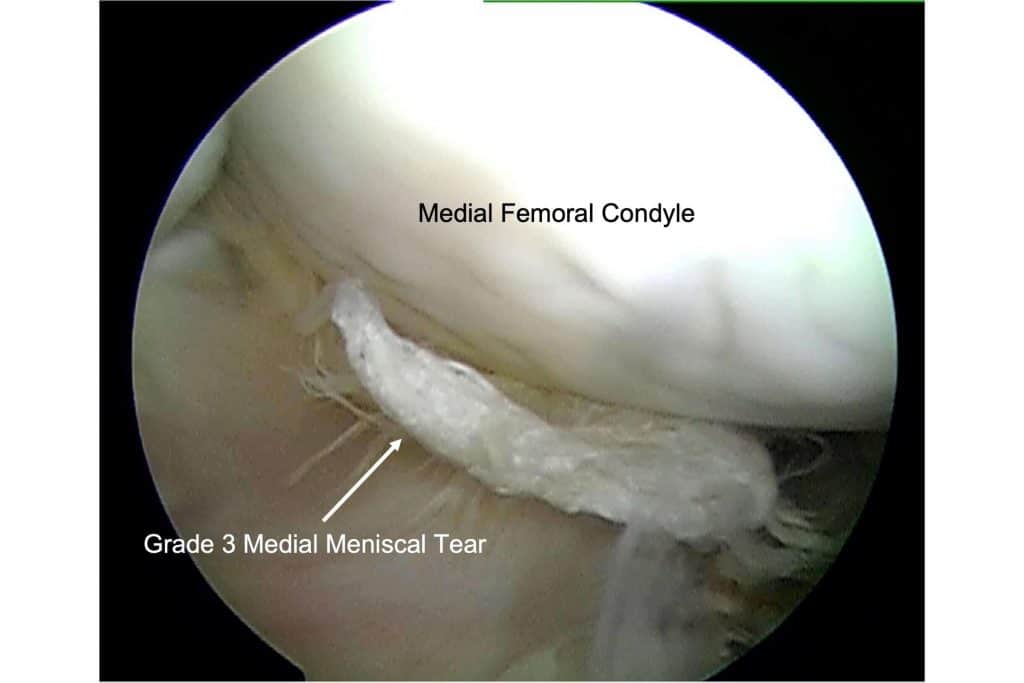
Equine meniscal injuries can cause severe pain and lameness, but if diagnosed and treated properly many horses can return to work.

A research team used ultrasound to establish normal proximal suspensory ligament cross-sectional areas of cutting horses.

Horses have a wide range of potential for exposure to toxicants; understanding this could help protect them.

X rays are valuable diagnostic tools for equine dental health that can reveal undiagnosed issues.

Here’s a look at some common pelvis problems in horses, how veterinarians diagnose them, and what treatment options are available.
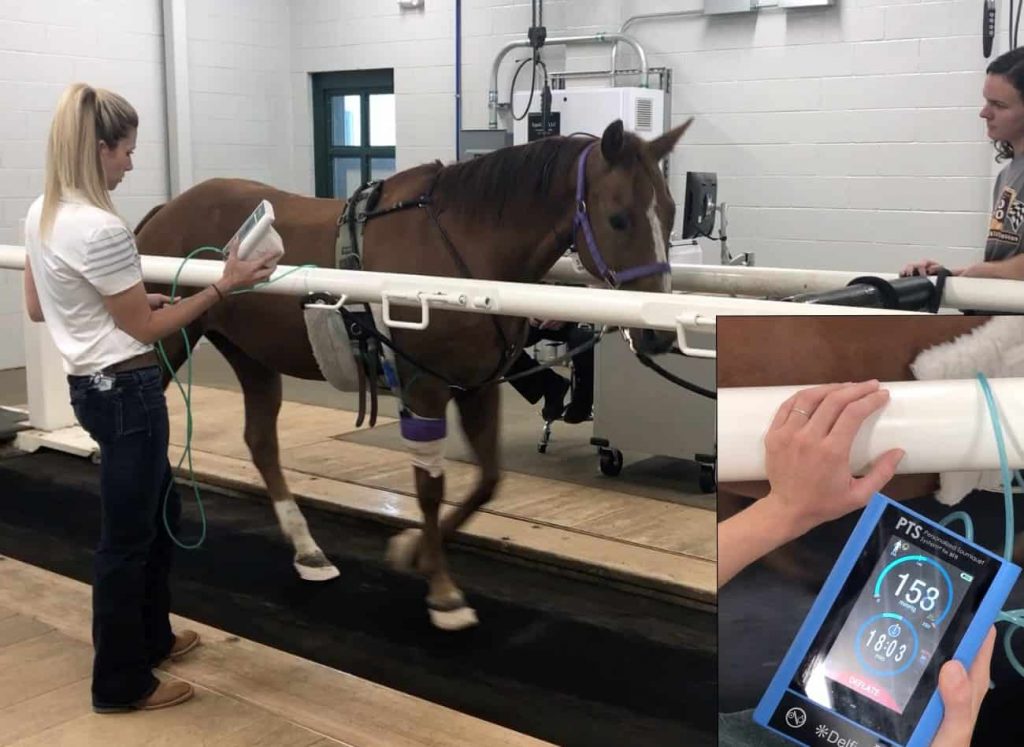
Blood flow restriction (BFR), a human rehab modality, was found to be safe and well-tolerated by horses in a pilot study.

While ultrasound is useful for identifying articular process joint effusion in horses, it might undervalue the amount of swelling present.

Comparing ligament striations in opposite limbs via ultrasound to determine if changes are normal versus tears could lead to misdiagnosis.
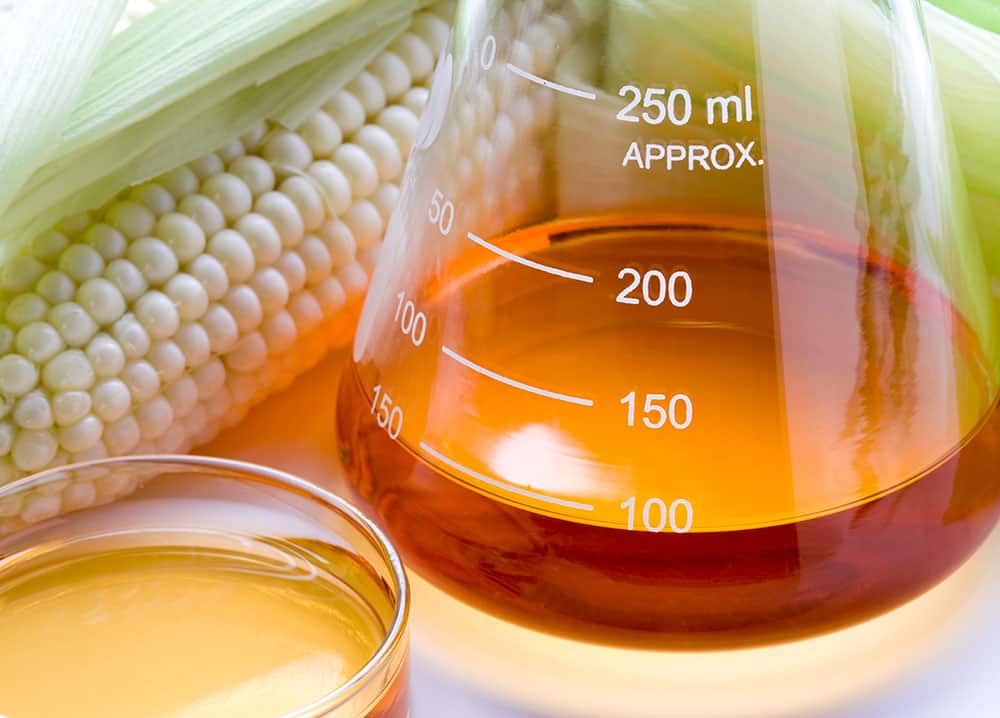
The horse’s fed vs. fasted state, dose and type of corn syrup, season, and simultaneous endocrine testing might alter the results of this insulin dysregulation testing method.
Stay on top of the most recent Horse Health news with
"*" indicates required fields